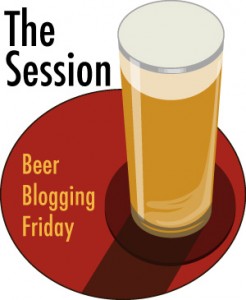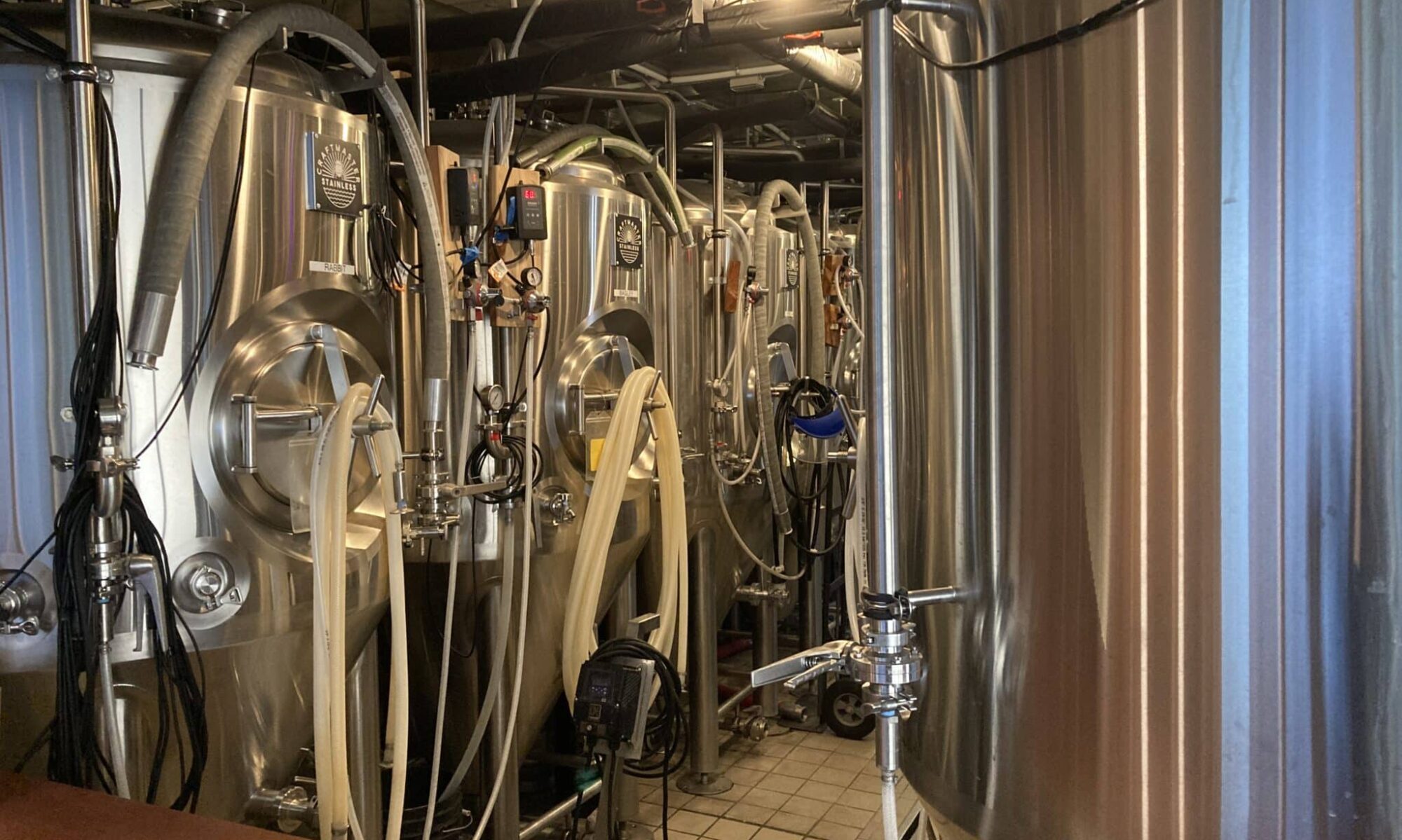
The topic for The Session this month is: Cans or bottles? And our host, the Microbrewr is looking for empirical evidence.
I ask this same question to every guest of MicroBrewr Podcast. I think it’s an interesting study into both industry and consumer trends.
The answers give great insight. However, one thing I see lacking from the discussion is solid data.
Of course aluminum can manufacturers and glass bottle manufacturers each have an interest in showing their packaging is best. I have heard a lot of arguments on both sides, even data and statistics, but I haven’t heard many references from third-party studies. If you can offer this, that would be a great help.
In any case, I’m looking forward to reading the answers not only to see where the consumer trends are going, but also as research for the brewery I dream of opening.
Bottles or cans?
Before making that decision, here is my personal checklist for any future brewer who is making this tough choice for the first time or for any brewery contemplating change from one to the other:
1. Make sure your beer is good.
Yes, I purposefully did not answer the question posed, right off the bat. Not out of stubbornness but because I think that the package itself is not as important as the beer inside said package. Positive environmental impact is lessened because the beer won’t sell. Benefits of one package or another will be hidden from view beneath the brewing errors. Really any choice made after making mediocre to bad beer loses import.
2. Choose your package based on what will protect that particular beer the best during transport and shelf time and in the hands of consumers.
Our host for the month rightly cites that he has heard pros and cons for both sides. As have I. I have swung from bottles to cans and back and forth like a pendulum. Right now, after recently re-hearing Tony Yanow speak about why Golden Road Brewery chose cans, I am leaning in that direction. I think the benefits of light blocking and transport are more important in the long term for most beer styles.
But not all. Maybe you have a special anniversary ale and you want to wax the cap or cage/cork for presentation. Then, of course, you would use a bottle. If you are staking your claim on a pilsner or an amber then a can may be perfectly fine. But if you introduce a new IPA and you see people at the beach sucking it down straight from the can, you move it to a bottle so that you don’t cry for lost aroma.
3. Explain why you have chosen your packaging.
The footprint of beer making should be minimized. Heck, any business should strive to minimize their effect on the community. It is easier said than done.
But here is the crux: whichever packaging you choose, be it cans because of their high recycling rate or glass due to ruggedness and cost, that is only part of the battle. At that point, you need to tell your customers why you have chosen that route. Put it on the cans. Have it on your website and your Facebook page. Have your brand ambassadors talk about it. Basically, walk the walk. Even if that walk is the inconvenient truth that you use both. Or that the benefits of one may only be slightly better than the other.
4. Don’t base your package on the design.
Frankly, as a consumer, a beautiful can on a shelf is not going to sell any faster than a beautiful bottle. (unless the can has IPA inside and the bottle is an altbier, but that is a different story). That is why design ranks 4th for me. Well done label art will look good on either package and neither a can or bottle simply ain’t gonna overcome bad label design. Or bad beer. Or placement on a low shelf in the cooler in the corner. You catch my drift. I don’t need to layer on more reasons.
Not that my red phone (I actually have one) is ringing with breweries asking for my advice but if they did, I would tell them to get right with the beer first, second and third.
Then offer crowlers of various sizes starting at 16oz because I like the name crowler.

Fantastic insight. If I had your number that red phone would be ringing!
Thanks for contributing to The Session!
Thanks for contributing, Sean. Here’s the roundup: http://microbrewr.com/session-98-roundup-cans-or-bottles/